Introduction
There’s something magnetic about African fashion right now. It’s bold, full of heart, and impossible to ignore. In recent years, cities across the continent have quietly but powerfully carved out space on the global style map. Lagos Fashion Week has consistently raised the bar, with designers like Oríré and Kíléntár blending bold structure with thoughtful sustainability.
In Dakar, Chanel’s Métiers d’art show—its first in Sub-Saharan Africa—marked a turning point, not just for luxury fashion, but for the deeper conversations it sparked around collaboration, craftsmanship, and culture. Elsewhere, Accra is finding fresh ways to embrace circular fashion, Nairobi is leaning into tech and ethics, and Johannesburg’s streetwear scene keeps evolving. Each city brings something different to the table, shaped by their local histories, materials, and communities.
And while none of this is entirely new, the attention feels different now. The world is looking a little more closely,and paying a little more respect. Which makes this the perfect time to explore some of the cities shaping Africa’s evolving fashion identity; some familiar, others still coming into their own.
Lagos, Nigeria
Lagos doesn’t sleep, and neither does its style scene. Known for its high-energy fashion weeks and fearless streetwear culture, it’s home to designers like Kenneth Ize, Orange Culture, and Lisa Folawiyo; names pushing boundaries with prints, tailoring, and pure creative flair.
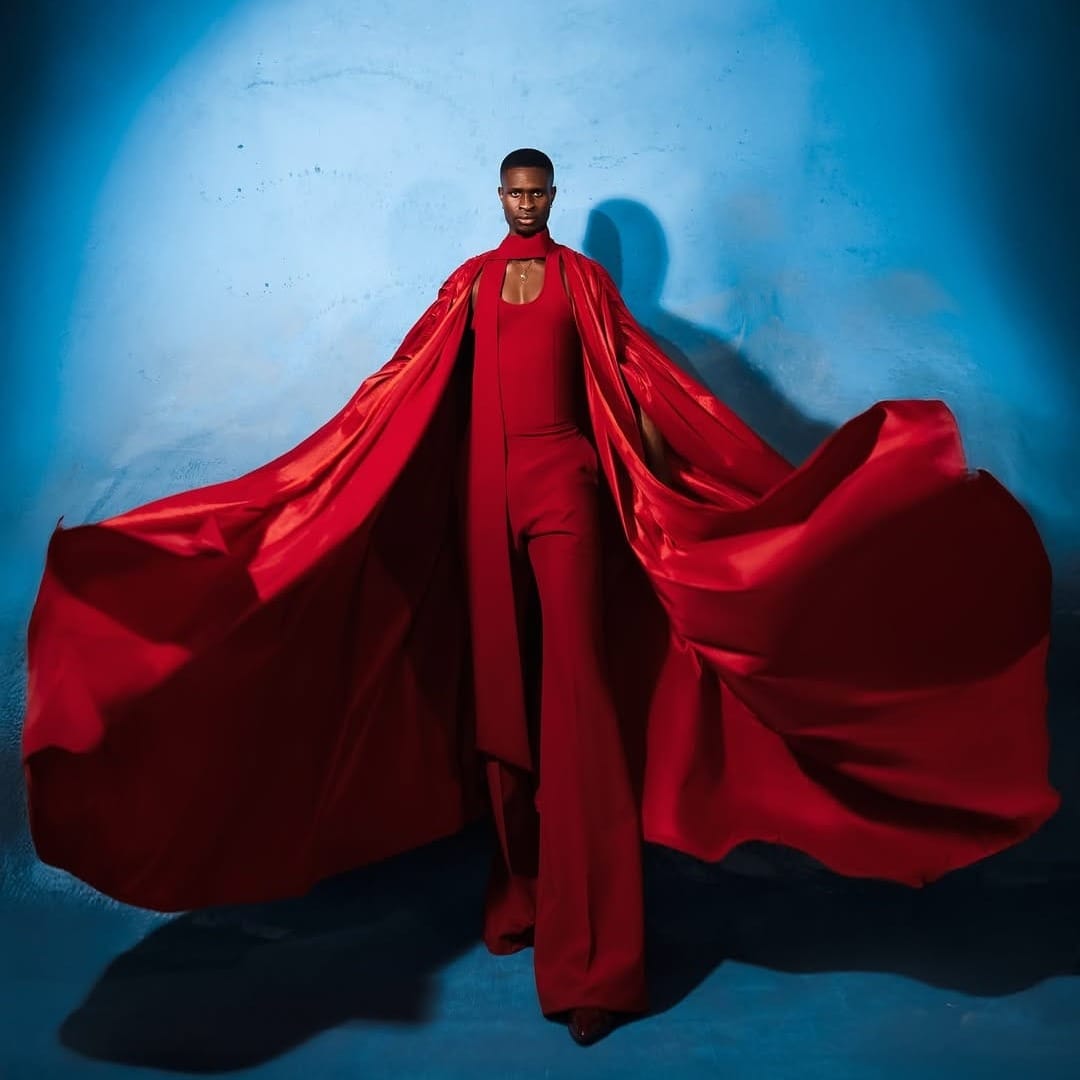
Lagos Fashion Week draws global press, models, and buyers, cementing the city’s place on the international style map. Meanwhile, cultural crossovers like Our Homecoming festival blend streetwear, music, and art into a creative melting pot, and platforms like Street Souk have become the go-to for Africa’s streetwear movement.
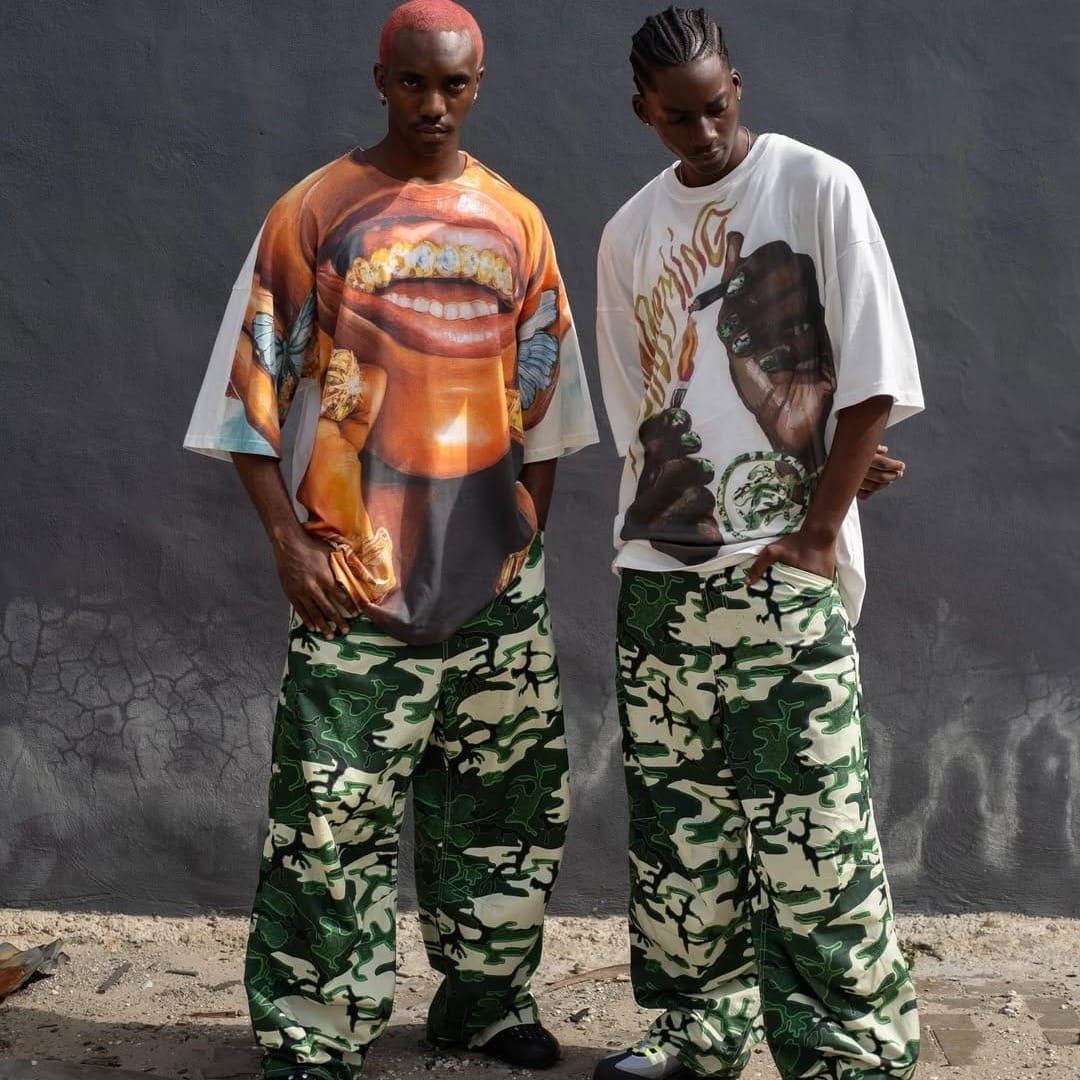
But beyond the glitz is a thriving underground of young designers making magic with limited resources and a lot of heart.
Accra, Ghana
Accra brings colour, culture, and cool in one breath. Its fashion scene is steadily growing, with a strong sense of identity rooted in Ghanaian craftsmanship.
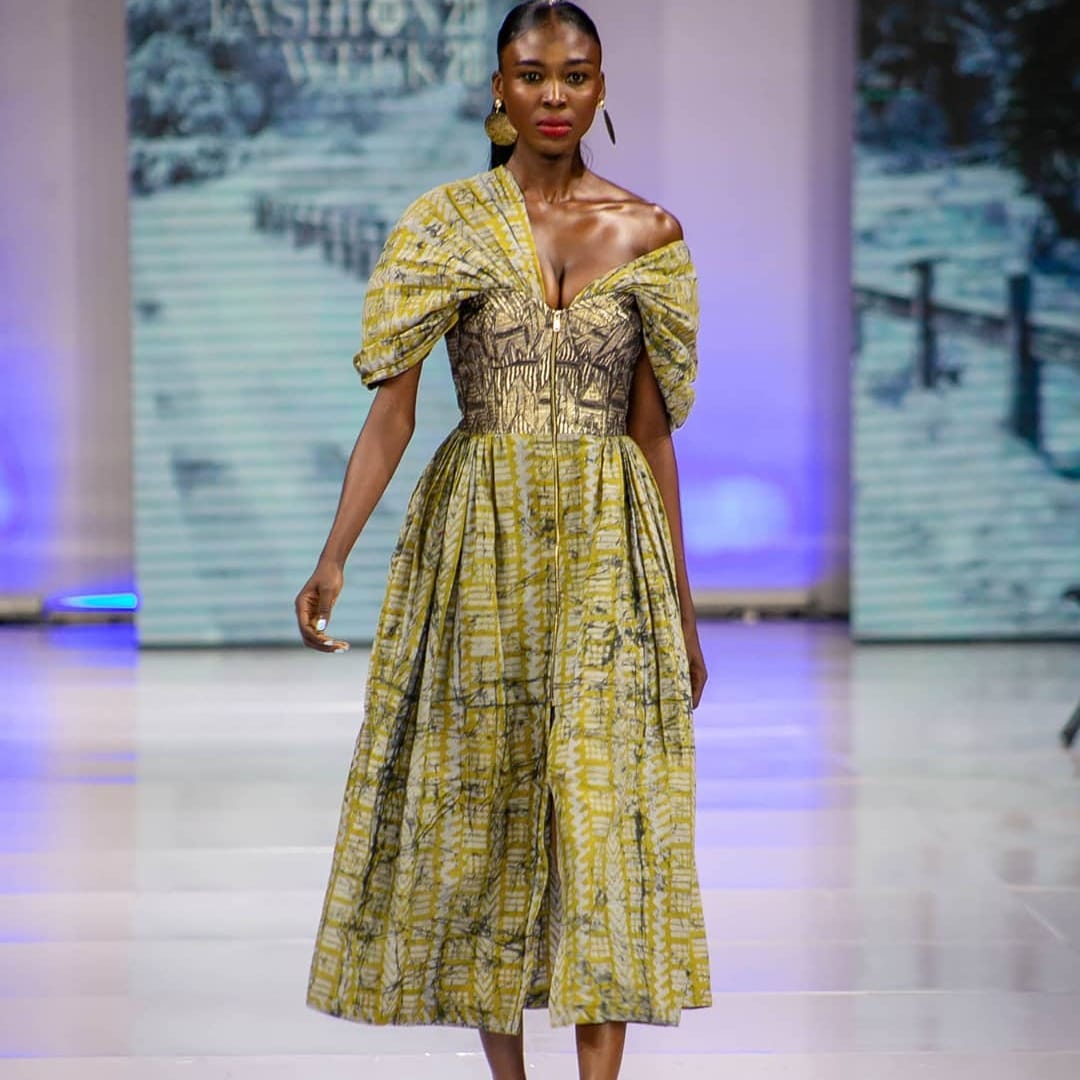
Events like Accra Fashion Week and The Glitz Africa Fashion Week showcase everything from rich kente to fresh takes on streetwear.
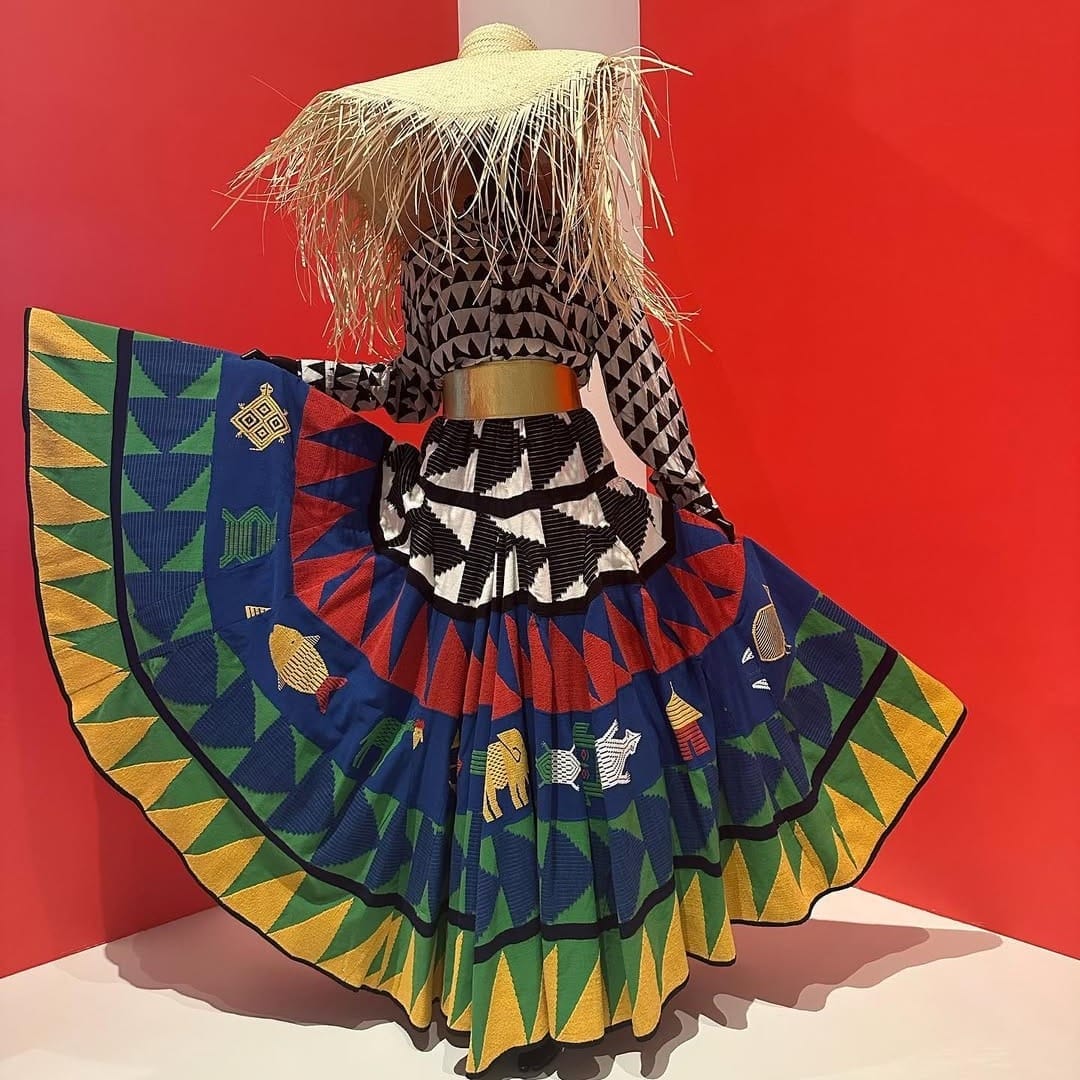
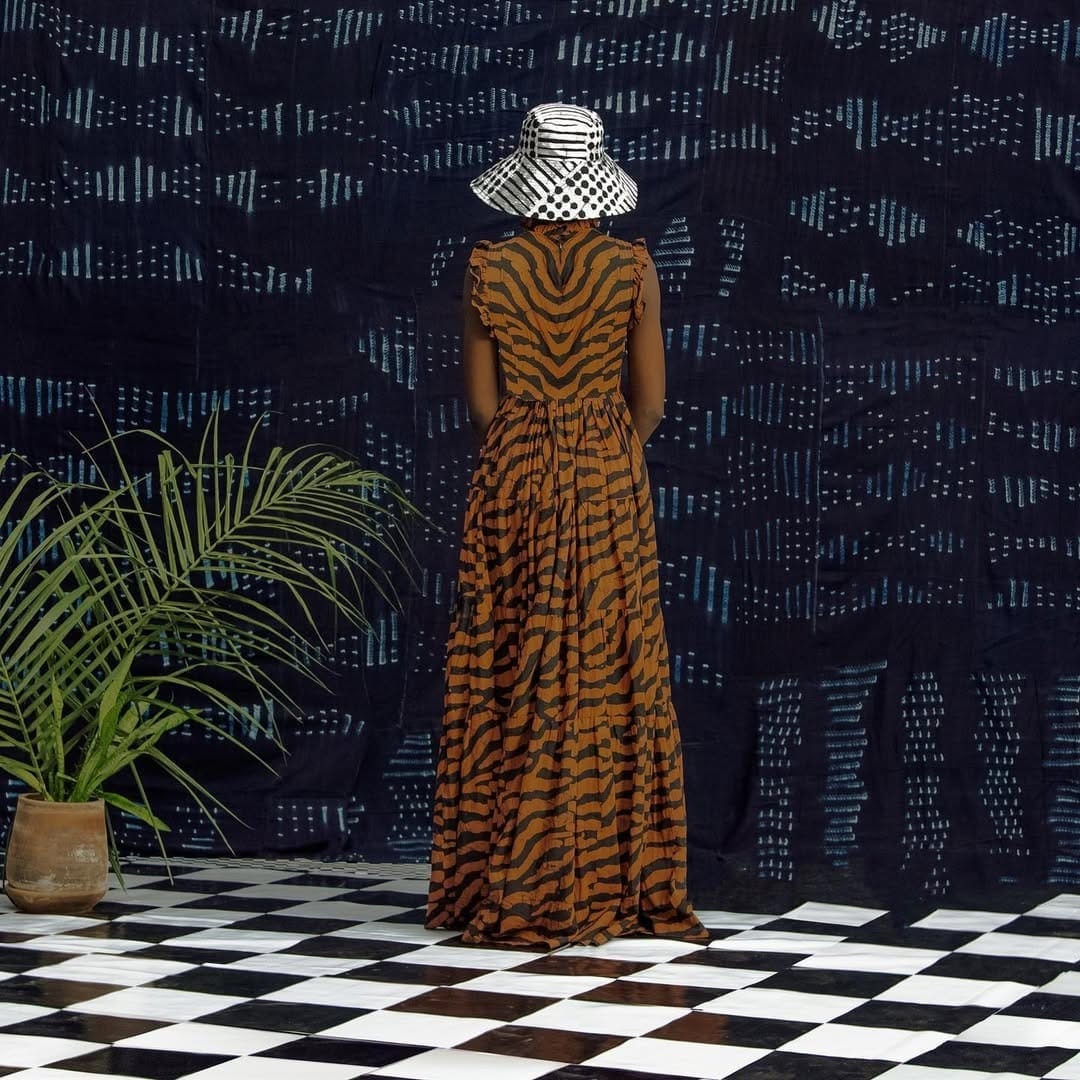
And brands like Christie Brown and Studio One Eighty Nine blend traditional techniques with modern design, giving the city a look that’s all its own.
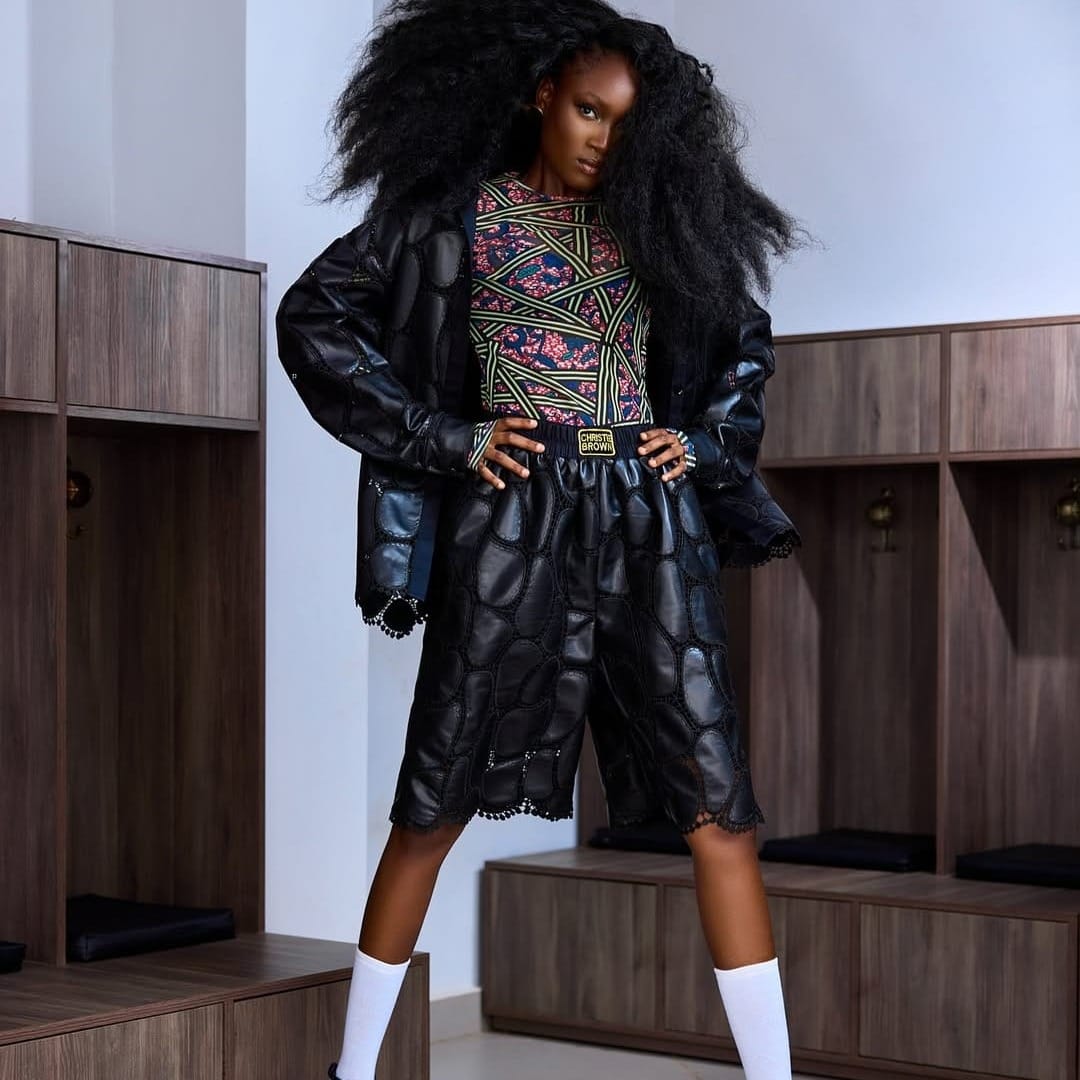
Johannesburg, South Africa
Johannesburg is where creativity and commerce meet. It’s a city known for both polished elegance and cutting-edge street style.
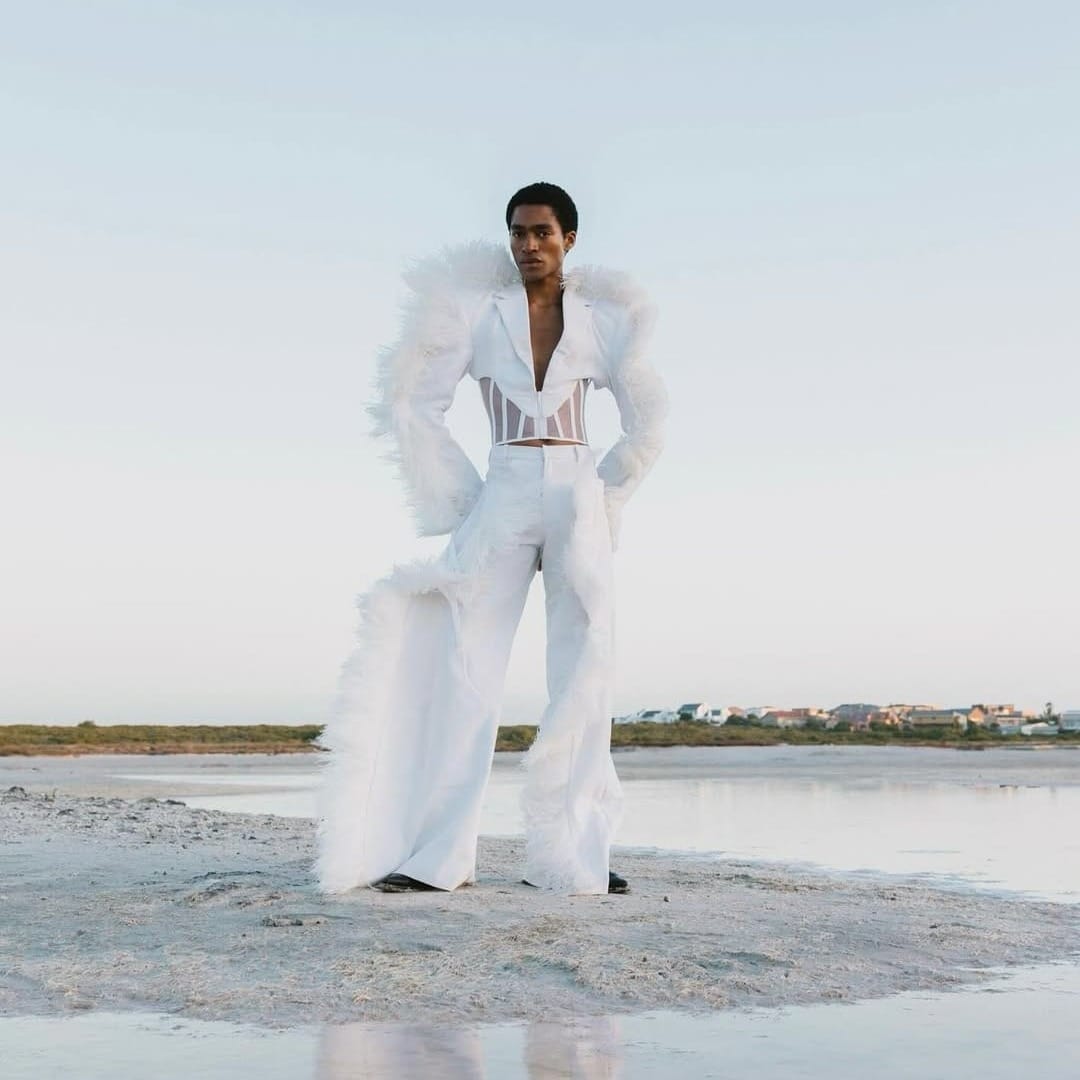
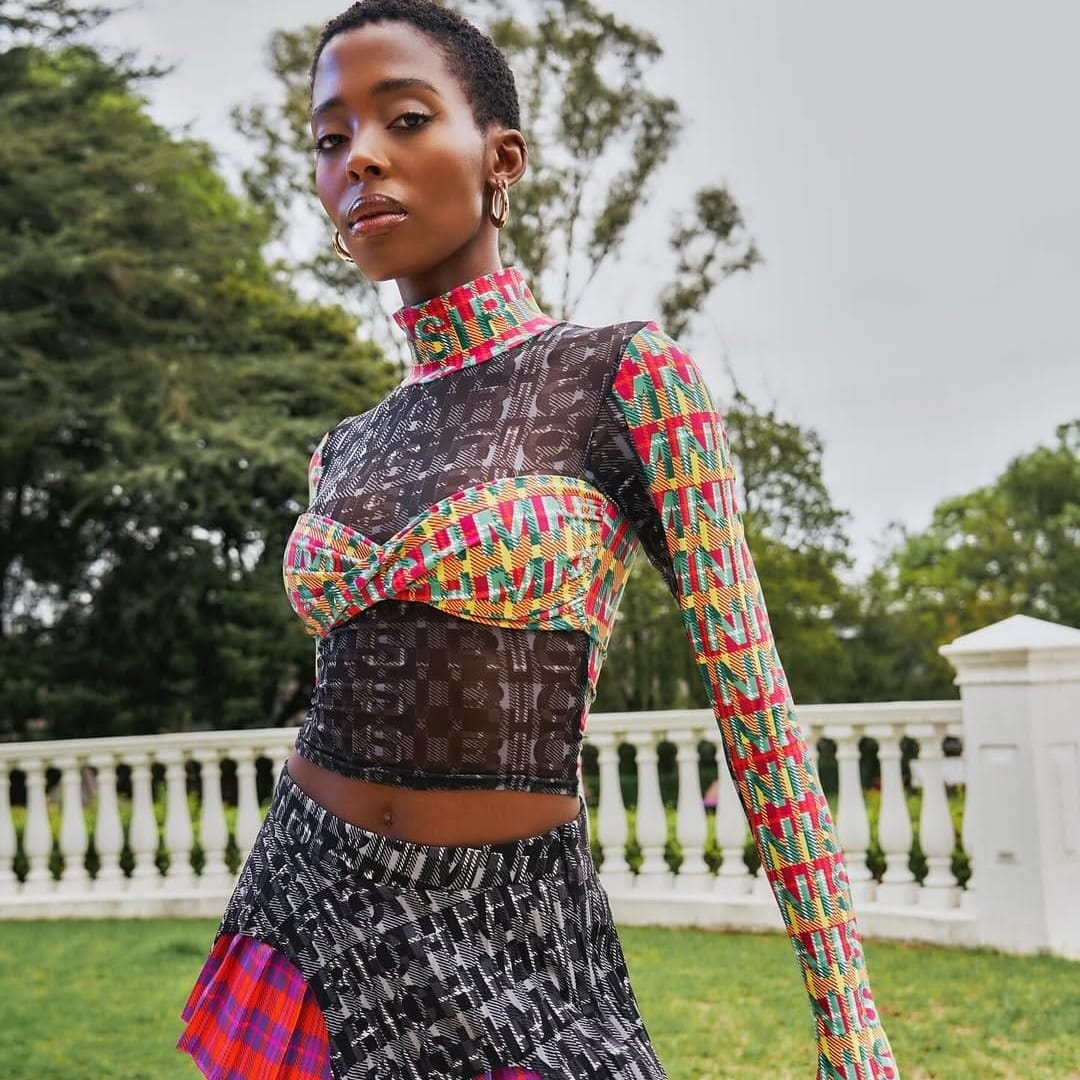
SA Fashion Week and AFI Fashion Week regularly put local talent in the spotlight, while designers like Rich Mnisi, Thebe Magugu, and Maxhosa Africa have broken through globally.
Joburg fashion is expressive, political, and always deeply personal. The city's retail and media scene also gives young designers a strong platform to grow.
Dakar, Senegal
Dakar has a deep fashion soul. It’s home to some of the most striking couture on the continent, often mixing French influence with rich West African heritage. It’s pride and joy, Dakar Fashion Week, is one of the oldest in the region and keeps evolving with every edition.
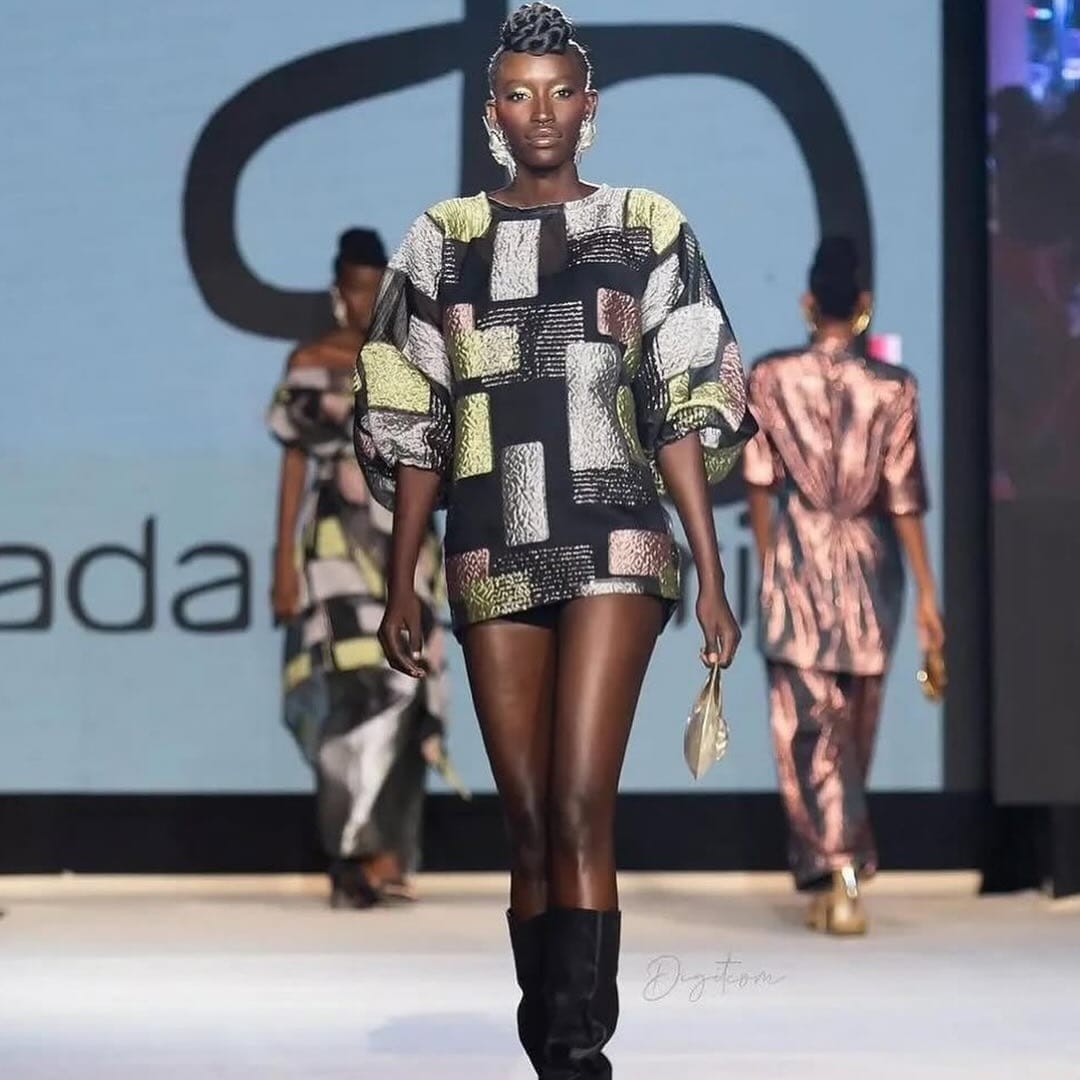
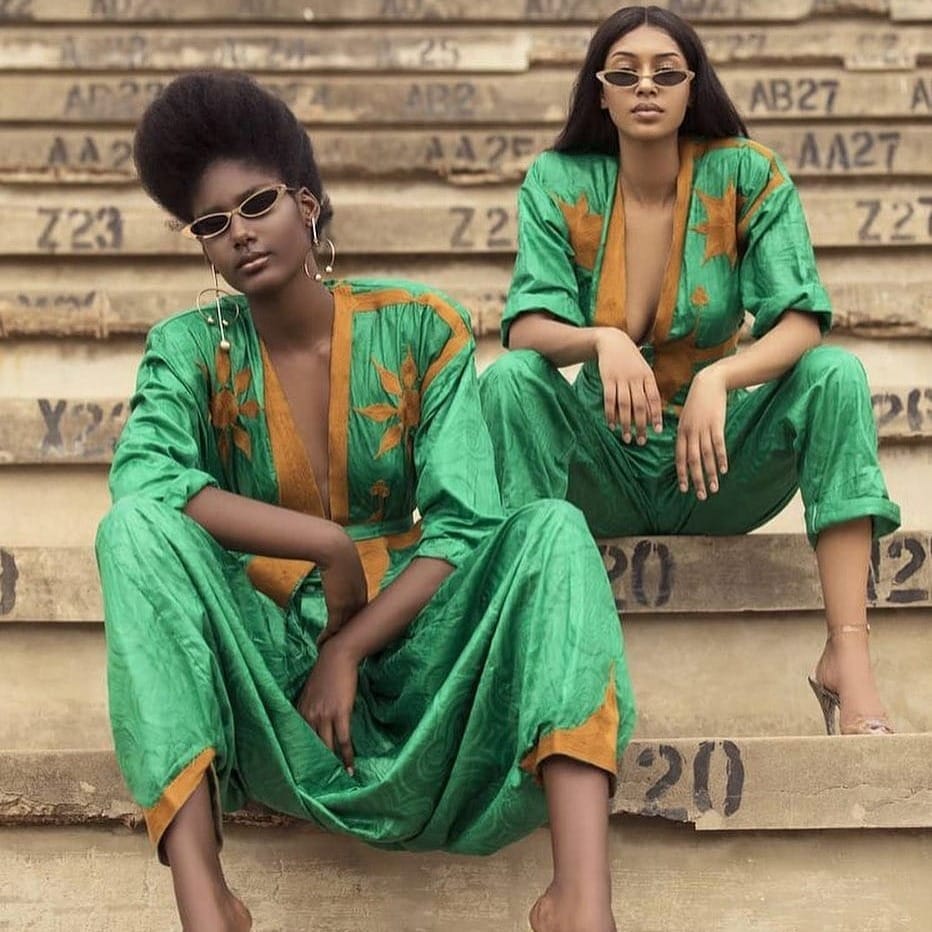
In December 2022, Chanel made fashion history by staging its first Métiers d’art show in Sub‑Saharan Africa, right in Dakar, bringing high luxury to local artisans and launching long-term collaborations.
Designers like Selly Raby Kane and Adama Paris have also become cultural figures, using fashion as a form of storytelling and resistance. You’ll find everything here from streetwear, to regal gowns, and avant-garde pieces, often on the same runway.
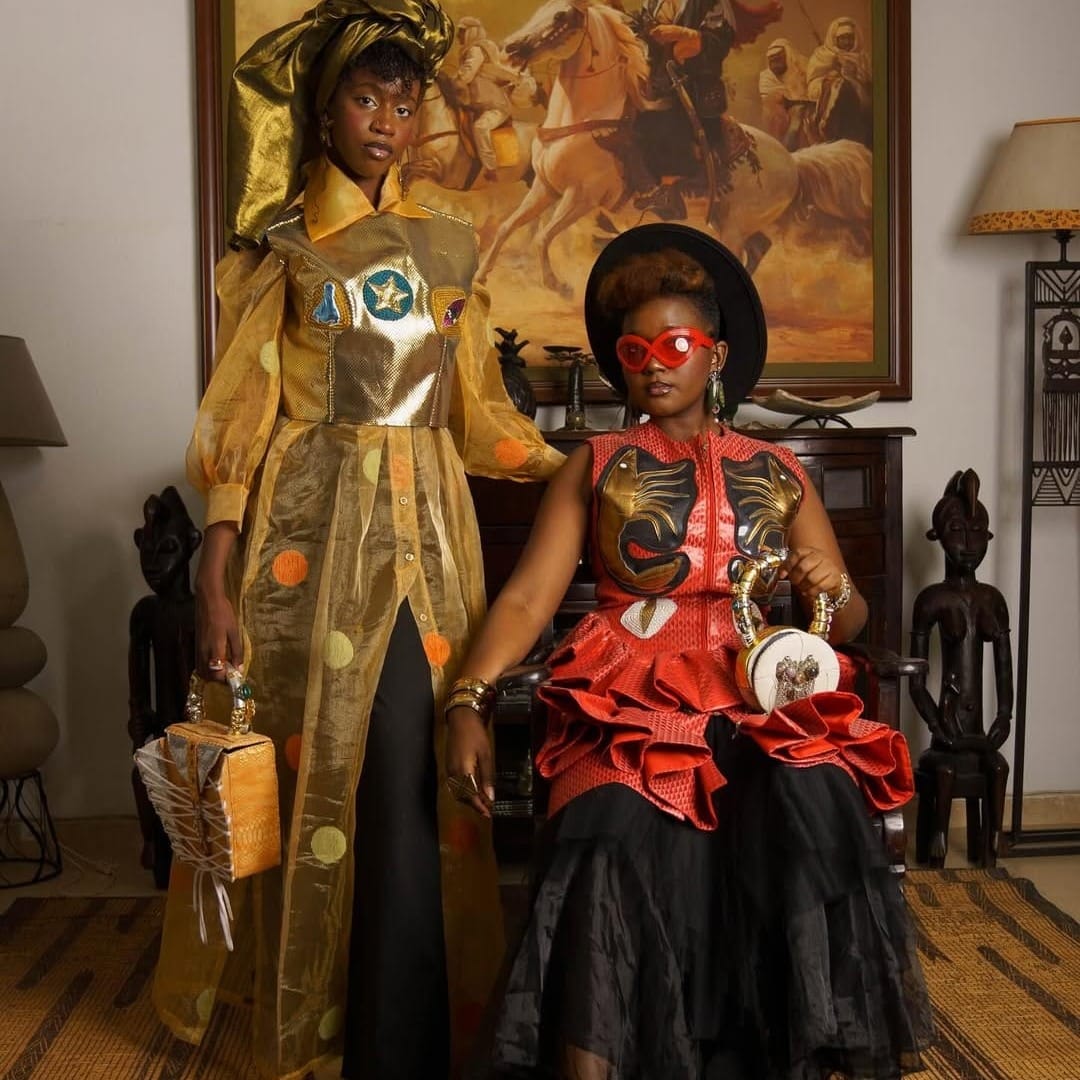
Nairobi, Kenya
Nairobi’s fashion feels like the city itself: young, energetic, and full of new ideas. The Nairobi Fashion Hub and Tribal Chic event have given emerging designers a space to shine, while labels like KikoRomeo and Ikojn are leading with sustainable design and strong African aesthetics.
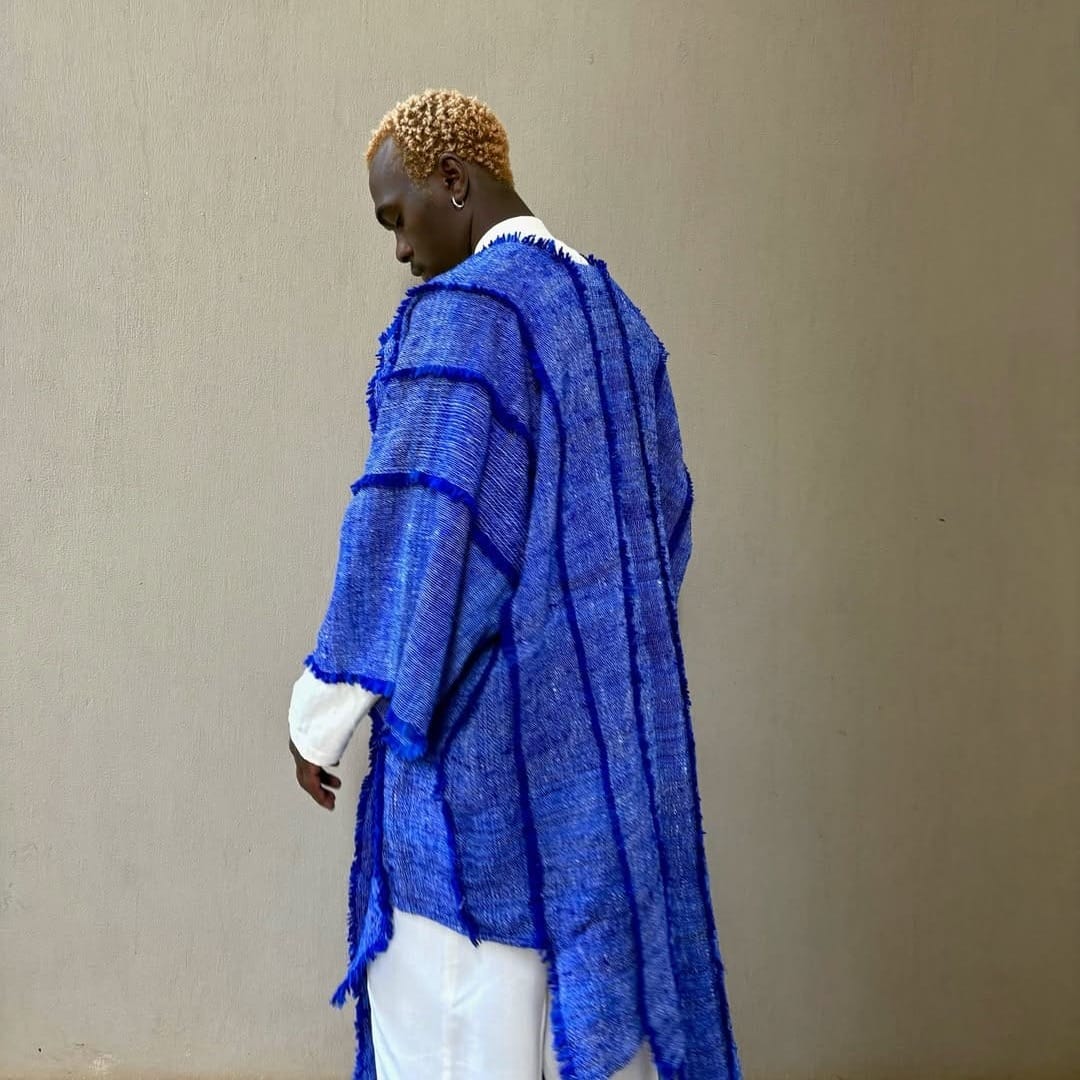
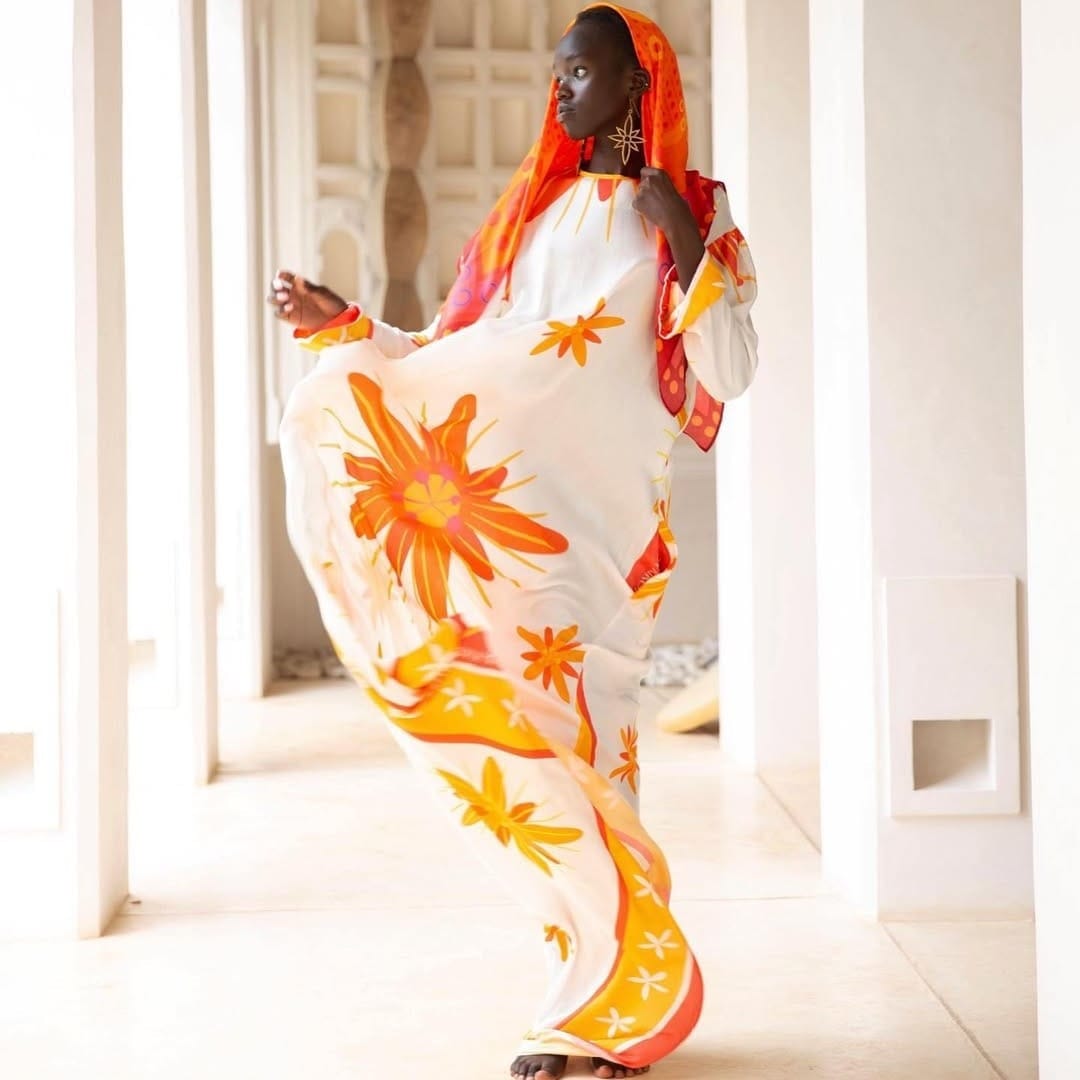
Nairobi is also home to a growing thrift and upcycling movement, where Gen Z style lovers turn secondhand finds into statement looks. It has one of the most active thrift fashion scenes in Africa, and locals even have nicknames for popular secondhand spots, like "Gikosh" for Gikomba market.

Abidjan, Côte d’Ivoire
Abidjan is stylish to the core. The city has seen a fashion revival with events like Afrik Fashion Show and designers like Loza Maléombho, whose futuristic, feminine designs have caught even Beyoncé’s eye.
There’s a certain effortless chic to fashion in Abidjan. It’s in the way people dress every day, and it’s in the growing support for homegrown fashion businesses.
Addis Ababa, Ethiopia
Addis Ababa’s style scene is rich in heritage. Traditional weaving and handcraft still shape modern collections, and there’s pride in keeping Ethiopian fashion rooted in its identity. Events like Hub of Africa Fashion Week help bring these stories to the world.
Even though the industry is still be developing, Addis holds potential for sustainable fashion and artisan-focused brands.
Casablanca, Morocco
Known for its glamorous Caftan Show, running since 1996, Casablanca combines traditional North African embroidery with streetwear collectives and modern adaptations of caftans.
Casablanca blends old-world elegance with a modern edge. Its fashion reflects the city’s position between Africa, Europe, and the Arab world.
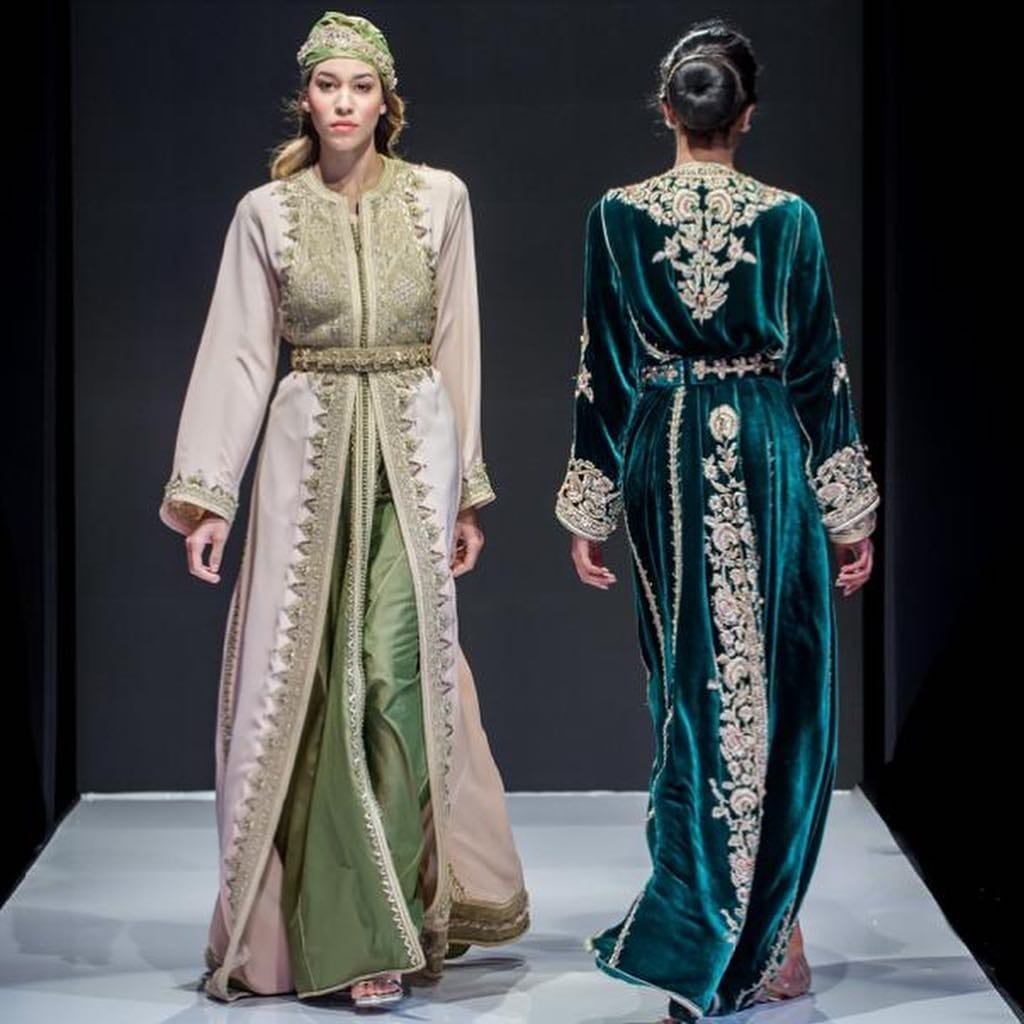
While Morocco is known for textiles and craftsmanship, its fashion events, like Casablanca Fashion Week and Oriental Fashion Show, bring fresh global attention. And brands like Maison ARTC and Casablanca (yes, that’s the brand name) are using fashion to blur cultural lines and build global identities.
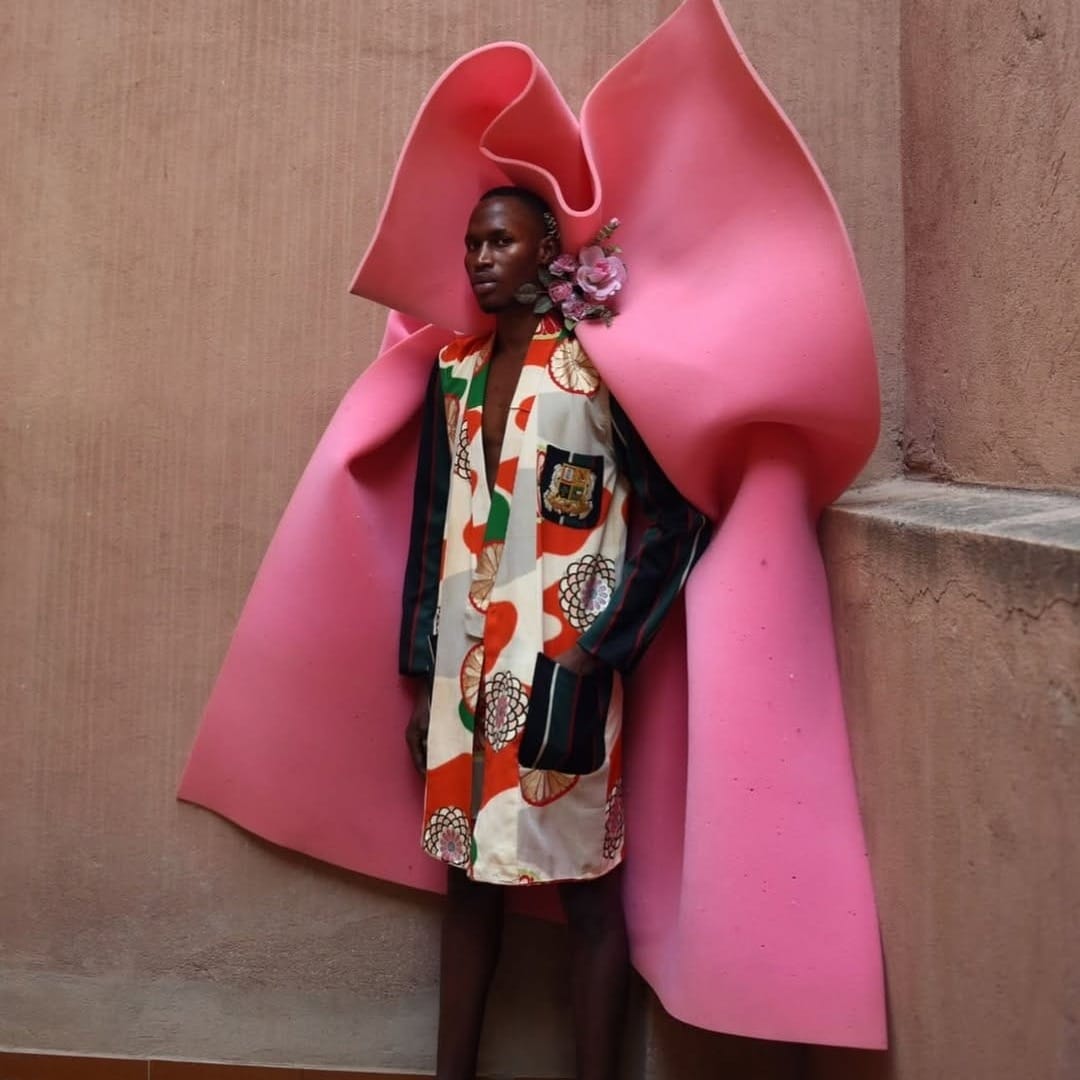
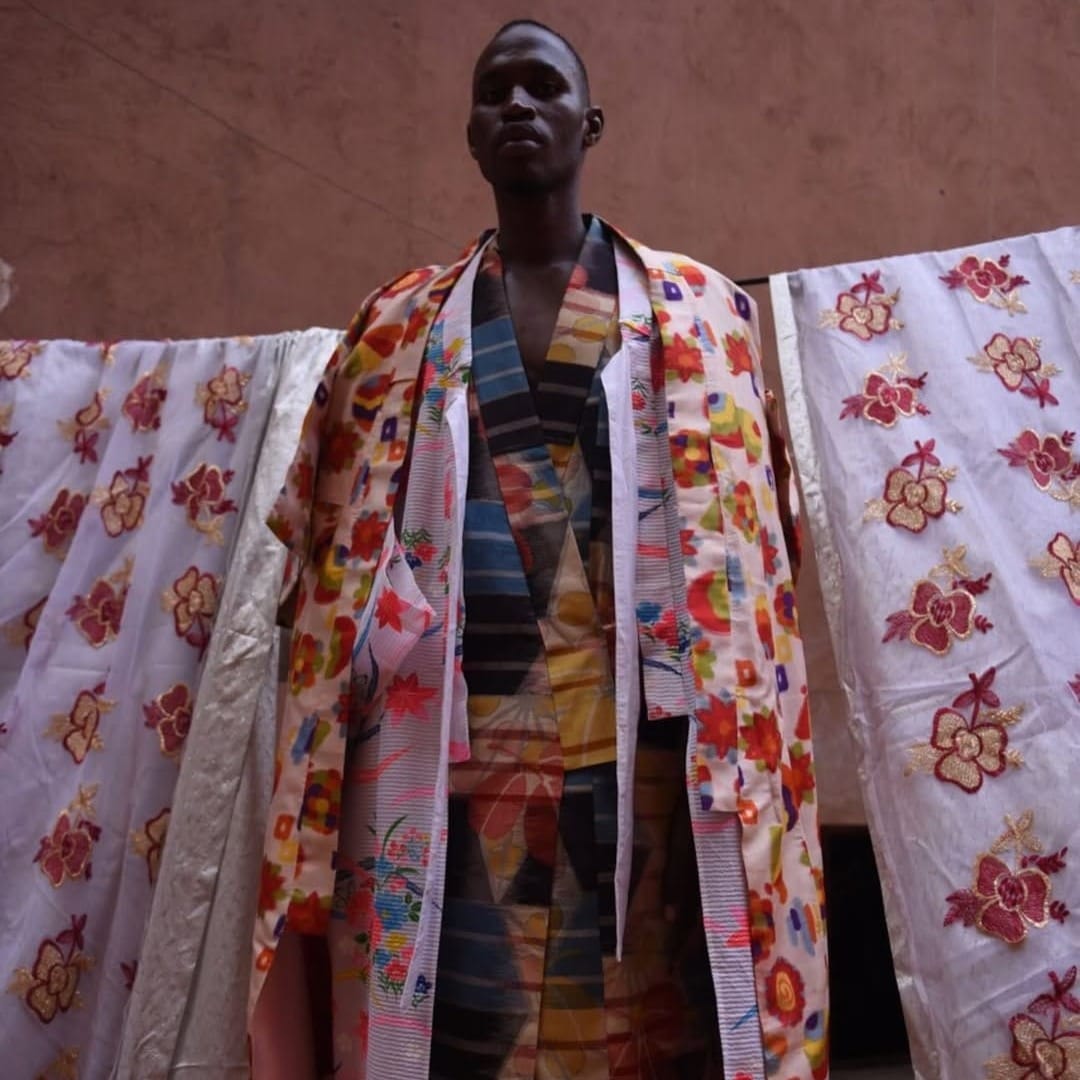
Conclusion
African fashion cities are not one-size-fits-all. Each one brings something fresh; stories woven into fabric, identities in silhouette, and dreams sewn into every stitch. The global fashion world is finally paying attention, but the heart of African fashion has always been here, beating in cities big and small, known and unknown.
So, whether you're a buyer, brand, or fashion lover, there's no better time to explore what these capitals are creating than now

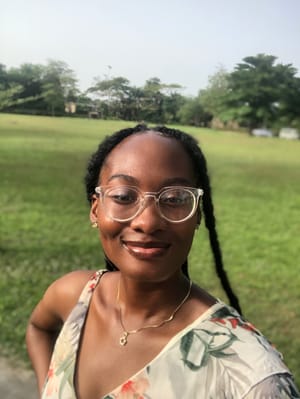
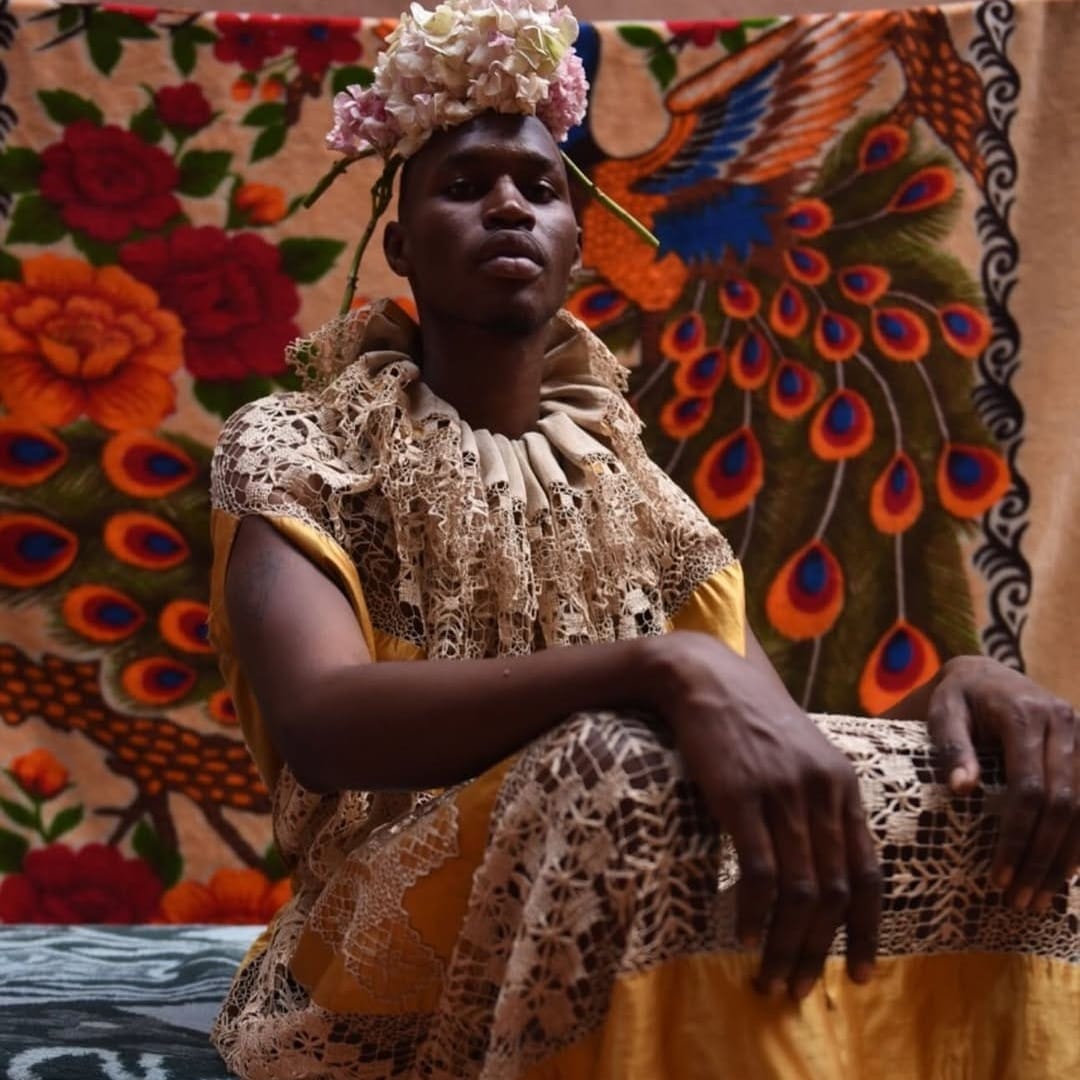
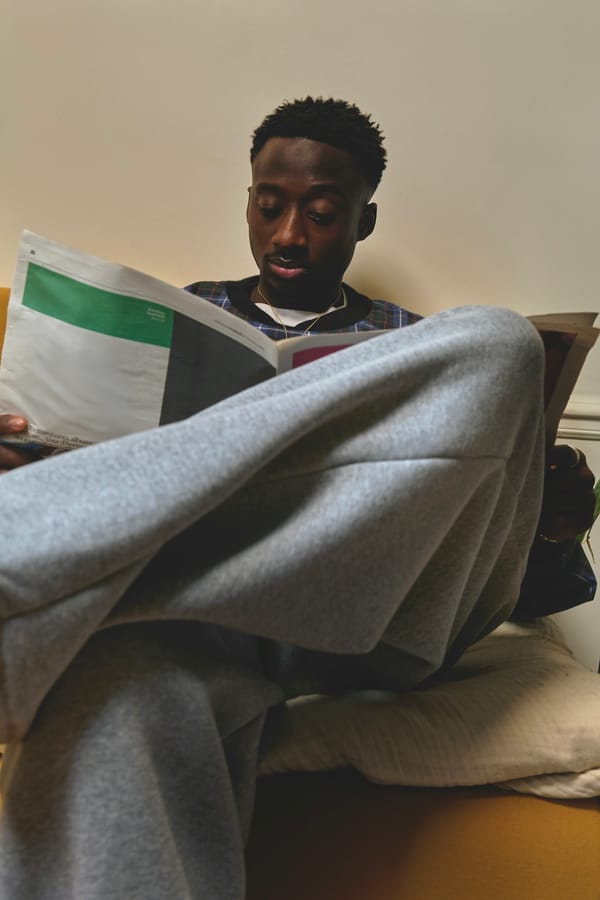
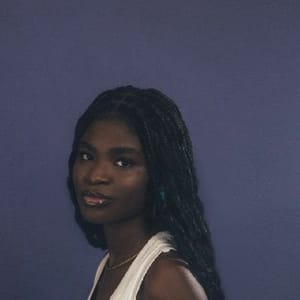
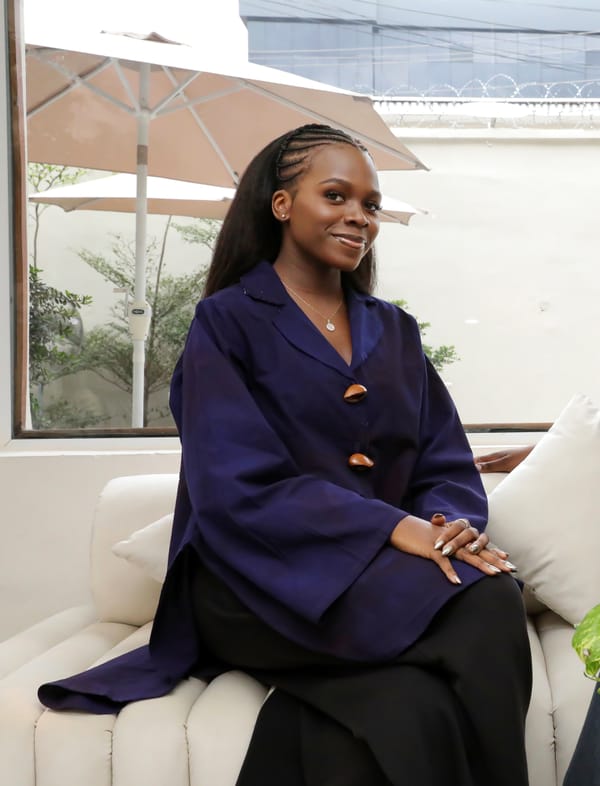
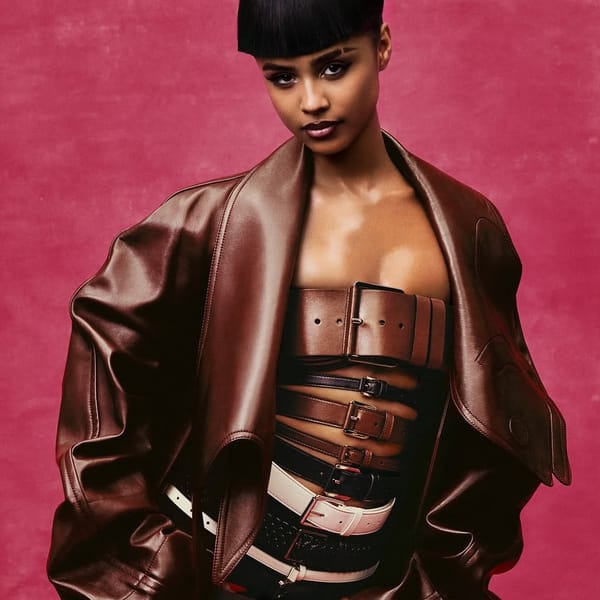
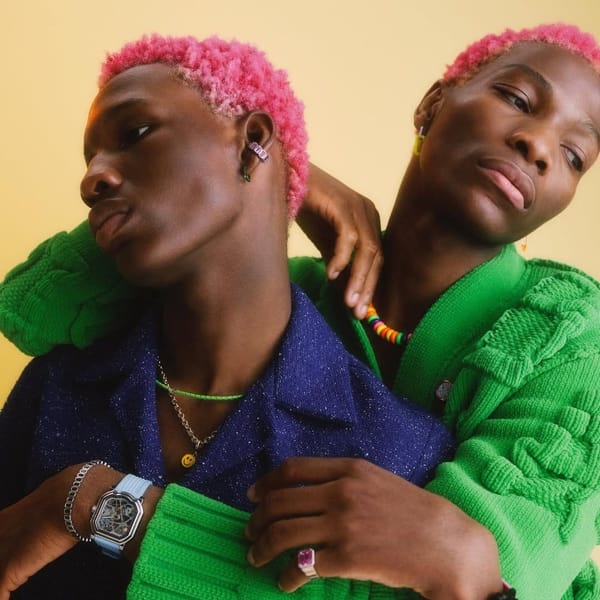
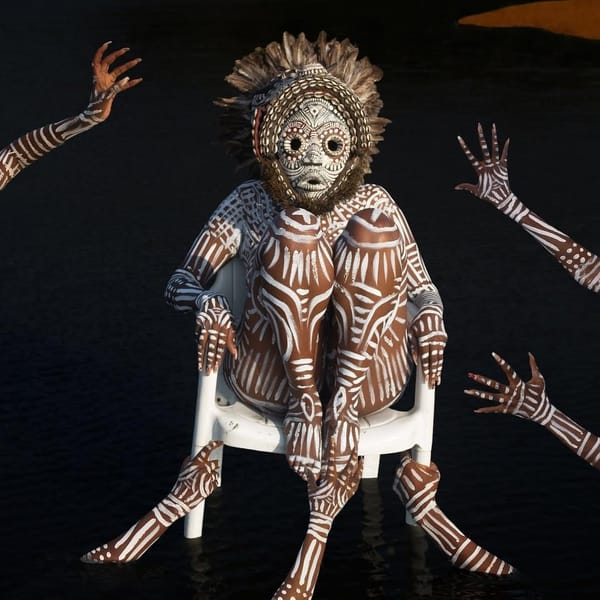
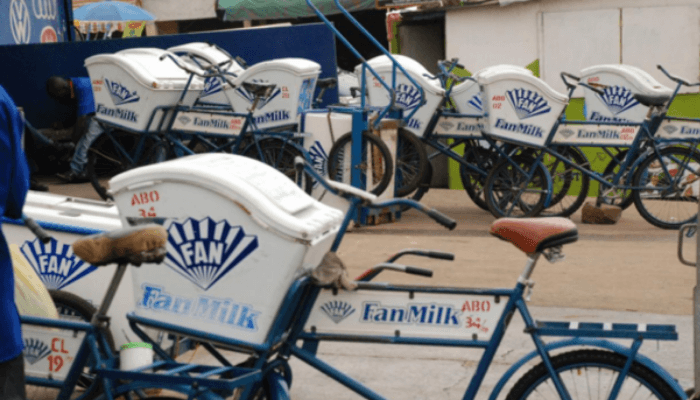
Member discussion